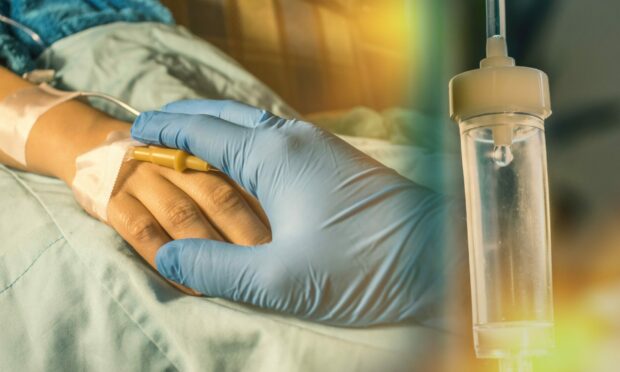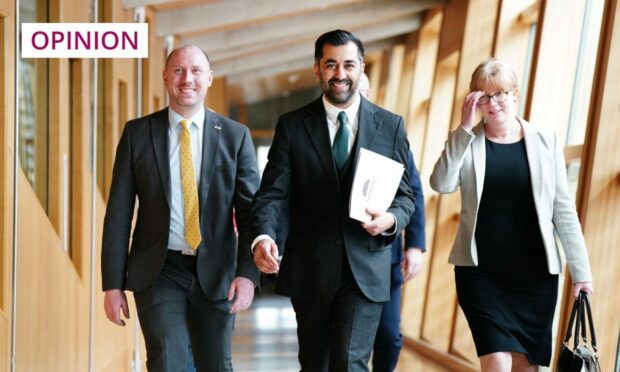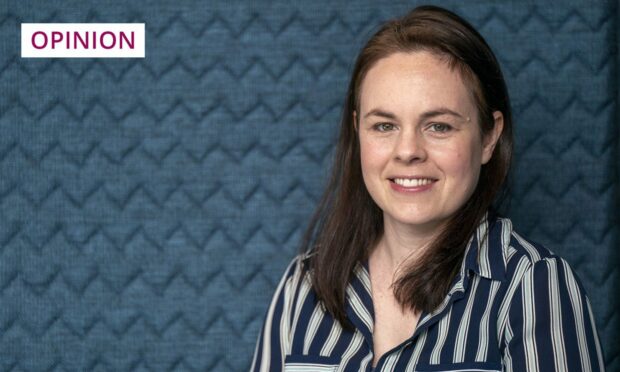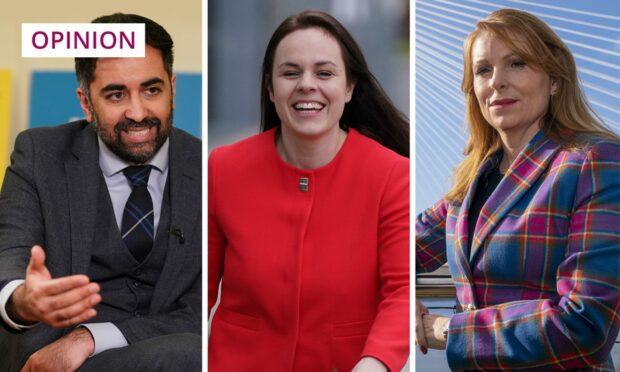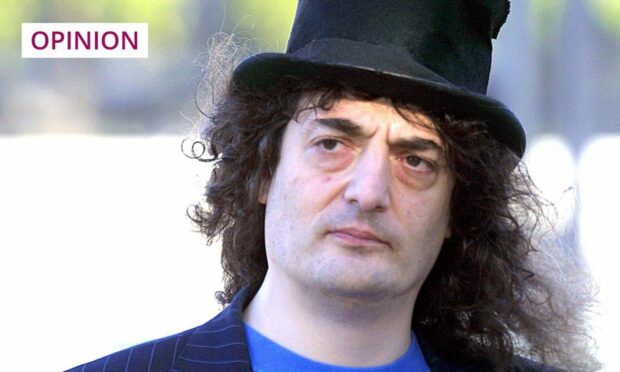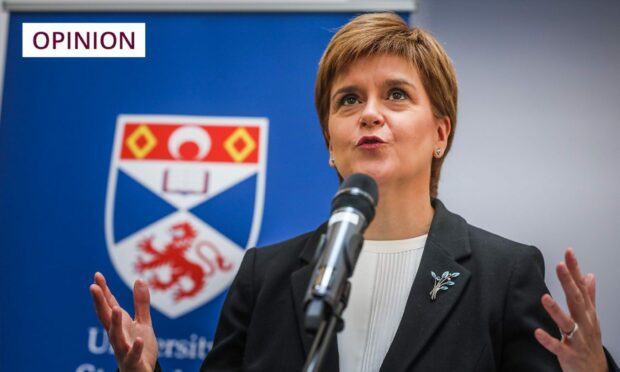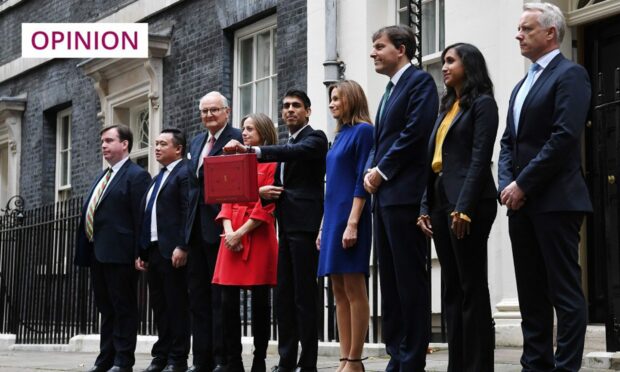Today, at last, our elderly relative gets home. She’s been in a hospital bed for two weeks with fluid and blood clots in her lungs, which also had the unhappy effect of putting her heart under strain.
The thing is, she’d been ill for months. We’d watched with concern as she developed first a nasty eye infection, then a knee infection and finally a severe urine infection, which, as it can do among the old, turned her a bit loopy.
Her sleep patterns were shattered. She was constantly nauseous. She declined, visibly and dramatically, from a robust, cheeky, cackling women in her late 70s to a limp wraith.
For months, she’d sought an appointment with her GP. Her daughters had called too. But it wasn’t happening – the GP wasn’t doing face-to-face appointments, they were told.
Instead she was sent a variety of creams and potions and the receptionist suggested she visit pharmacies and opticians. She did this, traipsing around the streets in search of treatment, but continued to decline, the problems racking up.
She tried to see the practice nurse, who was at first too busy and then off. At times it was obvious that person A hadn’t spoken to person B, as they’d said they would.
We witnessed NHS at its glorious best
Finally, she felt shooting pains in her side, as if she was being stabbed. With some persistence and not a little anger, her daughter finally got a GP on the phone, who said her mother needed to go to hospital immediately, and that it would be quicker to take a taxi than wait for an ambulance. By the time they got to the Southern General she could no longer walk and had to be put in a wheelchair.
The GP had called ahead and cleared the way, and since that moment we have witnessed the NHS at its glorious best. Our relative was put on oxygen and various drugs, and monitored closely. We were kept up to date on a daily basis, even though we were unable to visit.
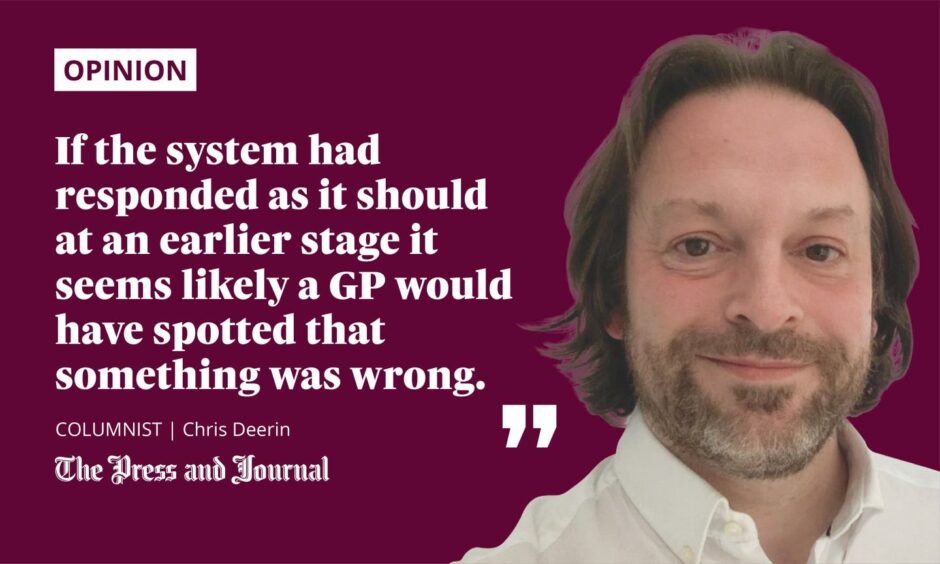
And now, at last, thank God, she’s coming home. She has, as a consultant put it with typical medical understatement, “taken quite a hit”.
The question is whether it had to be like this.
If the system had responded as it should at an earlier stage it seems likely a GP would have spotted that something was wrong.
We all know how hard it has been to see a GP
She certainly wouldn’t have come as close to death as she did, wouldn’t have taken up a hospital bed for a fortnight, and the cost of her treatment would have been much lower.
I think she was saved, in the end, by the fact she has pushy, middle-class children who won’t take no for an answer. And I worry for those elderly people who don’t have families like that, and who instead sit quietly at home, fading, until it’s too late.
It’s far from unthinkable that this is happening.
We all know how hard it has been to see a GP during the Covid pandemic. There are plenty older folks who live lonely lives. They belong to a generation that is much more likely not to want to “cause trouble”, and to hold GPs in deferential esteem.
Our latest inquiry is looking at alternative ways to access healthcare, outside of GP services.
Medical professionals or organisations can let us know their views here: https://t.co/JVWlJQ84bE
Members of the public can give us their views here: https://t.co/EGKQZHJZlJ pic.twitter.com/42eRtZNp4I
— Health, Social Care and Sport Committee (@SP_HSCS) January 24, 2022
They are less likely to stress the seriousness of their symptoms if they call NHS 24 – a friend who works at a senior level in the health service told me recently that the system works on an algorithm, and that he knew the precise words to use to ensure his call was referred upwards.
The older generation are also less likely to be able to work the technology that enables digital consultations, or to know when they should visit a minor ailments clinic or even A&E.
Holyrood’s Health Committee announced that it is to look into how to make it easier for people to use alternative health providers to GPs, such as pharmacists, optometrists, online resources and phone helplines. Committee convenor Gillian Martin said they wanted to stop people “clogging up GP services unnecessarily”.
We know little about what happens in GP surgeries
This is a noble aim but, as my relative’s experience shows, it is not without risks. I have serious doubts that as the pandemic eases there will be a return to the kind of access that predated it. And it is the most vulnerable who will suffer.
I’ve also discovered that we know little about what is going on inside GP surgeries.
The Scottish government stopped collecting data about face-to-face consultations around 2013, meaning these surgeries are now like locked black boxes. Audit Scotland warned in 2019 that government progress had been “slow” in collecting better data.
By all means, let’s use tech and other modern methods to improve the NHS. But we need to know what we’re doing, and the outcomes. Not everyone will be as “lucky” as my relative.
Chris Deerin is a leading journalist and commentator who heads independent, non-party think tank, Reform Scotland
